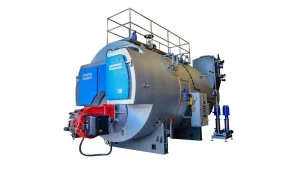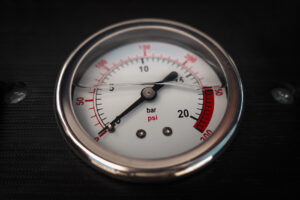Air compressors are vital tools in numerous industrial applications, from powering pneumatic tools to operating HVAC systems. For these machines to function efficiently and safely, pressure gauges are an essential component.
The Role of Pressure Gauges in Air Compressors
Air compressors operate by increasing the pressure of air for various applications. To achieve optimal performance, it is critical to monitor and control the system’s pressure. Pressure gauges serve several key purposes:
- Pressure Monitoring: They provide a clear indication of the pressure within the compressor tank and the output line.
- Overpressure Prevention: Gauges alert operators to excessive pressure, helping prevent equipment damage or accidents.
- System Diagnostics: Fluctuations in pressure readings can indicate issues such as leaks or mechanical faults, enabling timely maintenance.
Key Features of Suitable Pressure Gauges
The pressure gauges used in air compressors must possess specific features to meet operational demands:
- Wide Pressure Range: Air compressors often operate across a broad range of pressures, requiring gauges capable of accommodating these variations.
- Shock Resistance: Compressors can produce vibrations and shocks; therefore, robust gauges with protective casings are essential.
- Ease of Reading: Clear and large dial faces, or digital displays, improve usability in industrial settings.
Benefits of Effective Pressure Monitoring
By integrating high-quality pressure gauges, businesses can achieve:
- Enhanced Efficiency: Maintaining optimal pressure reduces energy consumption and prolongs compressor life.
- Improved Safety: Avoiding overpressure conditions minimizes risks of system failure.
- Cost Savings: Early detection of issues reduces repair costs and downtime.
In conclusion, pressure gauges are not just accessories but essential tools for maximizing the performance, safety, and longevity of air compressors in various industrial applications.



